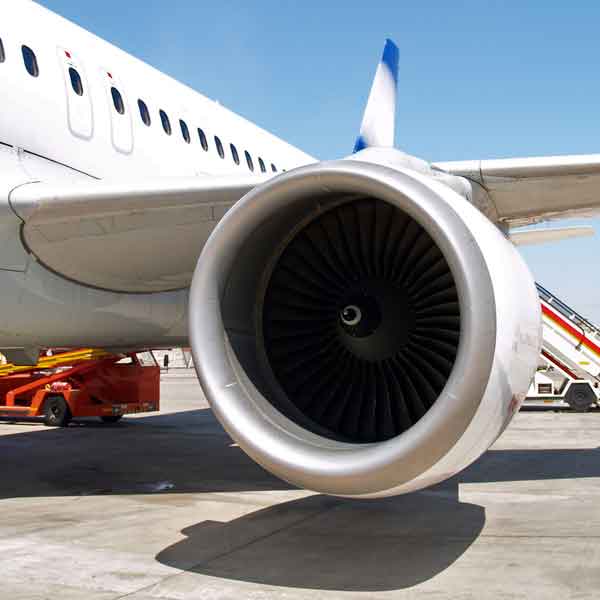Twenty-five people were hospitalized Wednesday evening, July 30, after Delta Air Lines Flight 56 encountered severe turbulence and was forced to make an emergency landing at Minneapolis-Saint Paul International Airport. The Airbus A330-900 aircraft, carrying 275 passengers and 13 crew members, was en route from Salt Lake City to Amsterdam when it experienced what the airline described as “significant turbulence” over Wyoming.
The flight departed Salt Lake City International Airport on July 30, 2025, and landed safely at Minneapolis-Saint Paul International Airport around 7:45 p.m. local time. Medical personnel and emergency responders met the aircraft at the gate to evaluate and treat passengers and crew members who sustained injuries during the turbulence event.
Among those hospitalized were seven crew members and 18 passengers. All seven crew members were treated and released by Thursday morning, according to Delta’s statement. The airline confirmed that all customers who were evaluated at hospitals and shared their status with the company were also released by Thursday afternoon.
Passenger William Webster described the turbulence as a harrowing experience that lasted three to five minutes, beginning approximately 45 minutes into the flight. Webster indicated that passengers were screaming and a woman was crying during the ordeal. He witnessed phones flying through the air and observed a wine beverage cart flying into the aircraft’s ceiling, causing glass bottles to shatter throughout the cabin.
Another passenger, Leeann Nash, explained that dinner service had just begun when the turbulence struck without warning. Nash noted that passengers who did not have their seat belts fastened were thrown against the ceiling before falling to the ground. She described glass bottles and heavy service carts flying around the cabin during multiple waves of severe turbulence.
Passenger Nollene Jensen, traveling with her husband and son, recounted experiencing three distinct waves of turbulence, each more severe than the previous. Her husband, who had unbuckled his seat belt to use the restroom when the first wave hit, was thrown and struck his head on an overhead baggage compartment. Jensen’s husband, who had previously undergone neck fusion surgery in two places, was among those hospitalized and said, “Believe me, it bent.”
Leslie Woods, another passenger bound for Amsterdam, described the experience as resembling an earthquake. Woods suffered whiplash during the incident and reported that flight attendants informed her that one crew member sustained broken ribs while another passenger broke their leg. She noted that a wine bottle nearly struck her head during the chaos.
Flight tracking data indicated the aircraft experienced significant altitude fluctuations consistent with severe turbulence. One passenger reported being told by a pilot that the plane dropped more than 1,000 feet during the incident. The pilot allegedly stated he had never experienced turbulence of such severity during his career.
The Federal Aviation Administration and National Transportation Safety Board launched investigations into the incident. Delta confirmed it is cooperating fully with the NTSB’s investigation into the turbulence event.
Delta’s care team reached out personally to affected passengers Wednesday night and Thursday to assist with immediate needs and coordinate onward travel arrangements. The airline arranged for a special flight from Minneapolis to Amsterdam Thursday evening, allowing passengers to continue their journey to Europe. Jensen and other passengers from the original flight boarded this replacement aircraft, though she acknowledged they were apprehensive about flying again so soon after the traumatic experience.
Aviation attorney Steven Marks indicated that passengers aboard the flight may be entitled to compensation up to $250,000 under international aviation conventions, despite the aircraft never leaving United States airspace. Marks explained that because the flight was destined for an international location, it falls under treaties that hold airlines responsible for passenger damages up to that amount. He noted that Delta’s insurance company would likely handle any settlements without contesting liability.
The incident represents part of a concerning trend in aviation, with experts noting that severe turbulence events are becoming more frequent due to climate change. University of St. Thomas engineering professor John Abraham explained that clear air turbulence has increased by 55 percent in some studies, making flights more unpredictable and potentially dangerous for passengers and crew members who are not properly secured during flight operations.
Delta emphasized that safety remains its top priority and expressed gratitude for the swift response of emergency personnel in Minneapolis. The airline provided hotel accommodations and retrieved luggage for affected passengers, with Jensen noting that Delta went above and beyond to care for passengers following the incident.

